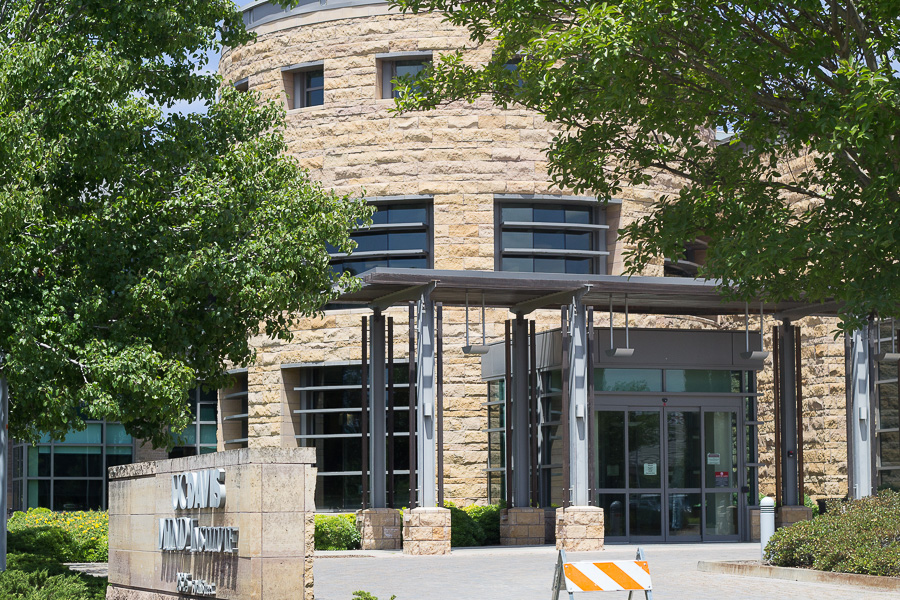
MIND Institute awarded $12 million over 5 years to fund autism research
The UC Davis MIND Institute has been awarded one of five Autism Center for Excellence (ACE) grants in the country to create a “Center for the Development of Phenotype-based Treatments of Autism Spectrum Disorder”.
The research center started with the Autism Phenome project.
“The goal of the Autism Phenome Project is to try and divide up autism into more biologically and behaviorally defined homogeneous subtypes that we could direct more effective targeted treatments toward,” said David Amaral, the director of the center.
The center aims to find more individualized treatments for children with autism.
“One thing we know about autism is that it is extremely heterogeneous,” said Christine Wu Nordahl, an associate professor in the Department of Psychiatry and Behavioral Sciences and one of the center’s investigators. “There’s a saying out there, ‘If you’ve seen one child with autism, you’ve seen one child with autism.’”
With all the differences behaviorally and biologically, it can be hard to pinpoint a single treatment for a child, an issue this research is trying to solve.
To start with, the research is focusing on two subgroups, children with anxiety and children with megalencephaly — a brain growth development disorder. Nordahl is researching the latter subgroup with Susan Rivera, a professor in the Department of Psychology.
About 15 percent of males with autism have the megalencephaly phenotype. It was found that there were a few behavioral symptoms of autism connected with this phenotype.
“Most importantly, they weren’t doing quite as well as the rest of their peers with autism in terms of their cognitive development,” Nordahl said. “In general, they had made fewer gains in IQ than the rest of the kids in the cohort.”
All of the children were getting community behavioral intervention, but this group wasn’t benefitting as much.
“If we can identify the specific cognitive processes and neural circuitry that is particularly impaired in this group, then we have a better chance of seeing more productive treatments,” Nordahl said.
The research is also looking at treatments for children with troublesome anxiety, a symptom that affects 40 percent of children with Autism Spectrum Disorder.
“It’s a debilitating symptom […] development can be thwarted in a lot of ways,” said Marjorie Solomon, a professor in the Department of Psychiatry and Behavioral Sciences. “While we do not have pharmacological treatments for the core features of autism, we have several strategies to reduce anxiety.”
Solomon’s research is already moving to a clinical trial where they’re testing one particular anxiety medication.
With treatments being very expensive, the ability to identify a specific treatment for a child helps parents afford better treatment as well.
This research aims to identify the nuance in how these symptoms affect children with autism but, as Solomon said, “The ultimate goal is to help more people.”
Written by: Kriti Varghese — science@theaggie.org



